It was to be the year of Shōgun. In one of the cleanest sweeps since Succession ended, the show won virtually everything at this year’s Emmys, including Best Drama Series, Lead Actress in a Drama for Anna Sawai and, unsurprisingly, Lead Actor in a Drama for the phenomenal Hiroyuki Sanada, who triumphed in a category that had some equally strong choices (Gary Oldman for Slow Horses), as well as some more perplexing ones (Idris Elba for Hijack and, bizarrely, Dominic West for The Crown). Shōgun took a record-breaking eighteen Emmys in total, with showrunner Justin Marks remarking of its makers Hulu and FX, “You guys greenlit a very expensive subtitled Japanese period piece whose central climax revolves around a poetry competition.” It proved to be a good bet.
The series has been renewed for a second season and so therefore wasn’t in competition with the other big winner of the night, Richard Gadd’s jet-black comedy-drama Baby Reindeer, which, as expected, swept the awards for limited or anthology series, taking best actor for Gadd (beating the starry likes of Andrew Scott and Tom Hollander) and a deserved best supporting actress award for the excellent Jessica Gunning. Some would suggest that she should have been nominated for lead; in which case she’d probably have beaten the victorious Jodie Foster, who took the award for True Detective: Night Country.
I was disappointed not to see Baby Reindeer‘s brilliant Tom Goodman-Hill, playing the most banal and therefore most horrible epitome of evil, not rewarded with his own Emmy for best supporting actor, beaten by Lamorne Morris in Fargo, but it should, at least, have given this excellent performer a proper amount of exposure in the US and shown that he is capable of far more than the “decent bloke” roles he has been semi-typecast in in his native Britain.
The most surprising defeat of the night was also a fascinating insight into the ways in which the Emmy voters are reacting against the binary definition of shows as comedy or drama. The Bear has previously won awards for best comedy series, in which category it was nominated tonight, but critics and viewers alike have observed that its third installment is (intentionally) not very funny, which means that placing it in competition with the likes of Curb Your Enthusiasm and Only Murders in the Building seemed a strange case of trying to compare fruit and vegetables.
It was therefore not all that surprising that Hacks came out from behind and triumphed in a competitive field, although Jeremy Allen White continued his winning streak in the category by winning his second Emmy for best lead actor in a comedy series; only the nitpicking would observe that there was a great deal of drama and not a lot of laughs in his portrayal.
The ceremony itself was hosted by the father and son duo of Eugene and Dan Levy, who had promised to keep the show “light and bright.” They largely delivered for a ceremony that wasn’t short of digs at J.D. Vance and his “childless cat lady” remarks, but it was Gadd’s moving remarks about how “if you’re struggling, keep going, keep going and I promise you things will be OK” that were most memorable. The success of Baby Reindeer completes a remarkable rags-to-riches arc for Gadd, who has dealt with controversy as well as the sheer trauma of mining his own past for material on screen, but at least both Shōgun and his show suggest that intelligent, thought-provoking and risk-taking drama is still appealing to audiences and awards voters alike, and that the makeweight inclusions (naming no names) are being justifiably snubbed in favor of shows that people actually want to watch. But more awards for Slow Horses next year, please?



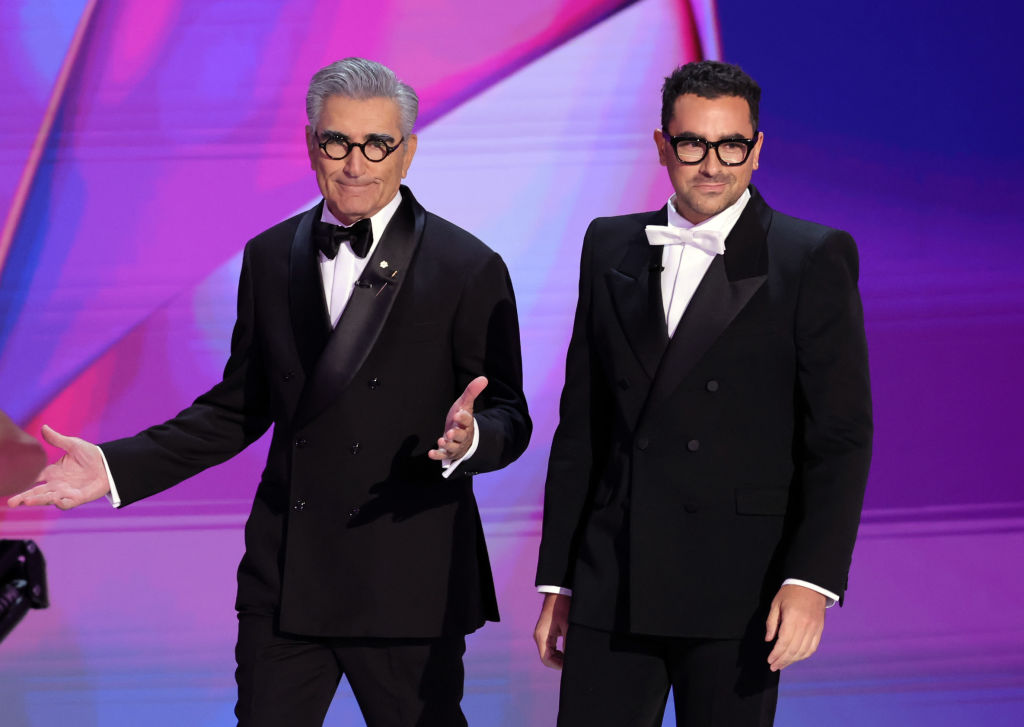


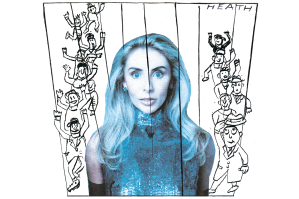

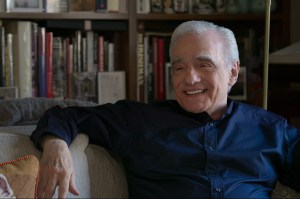

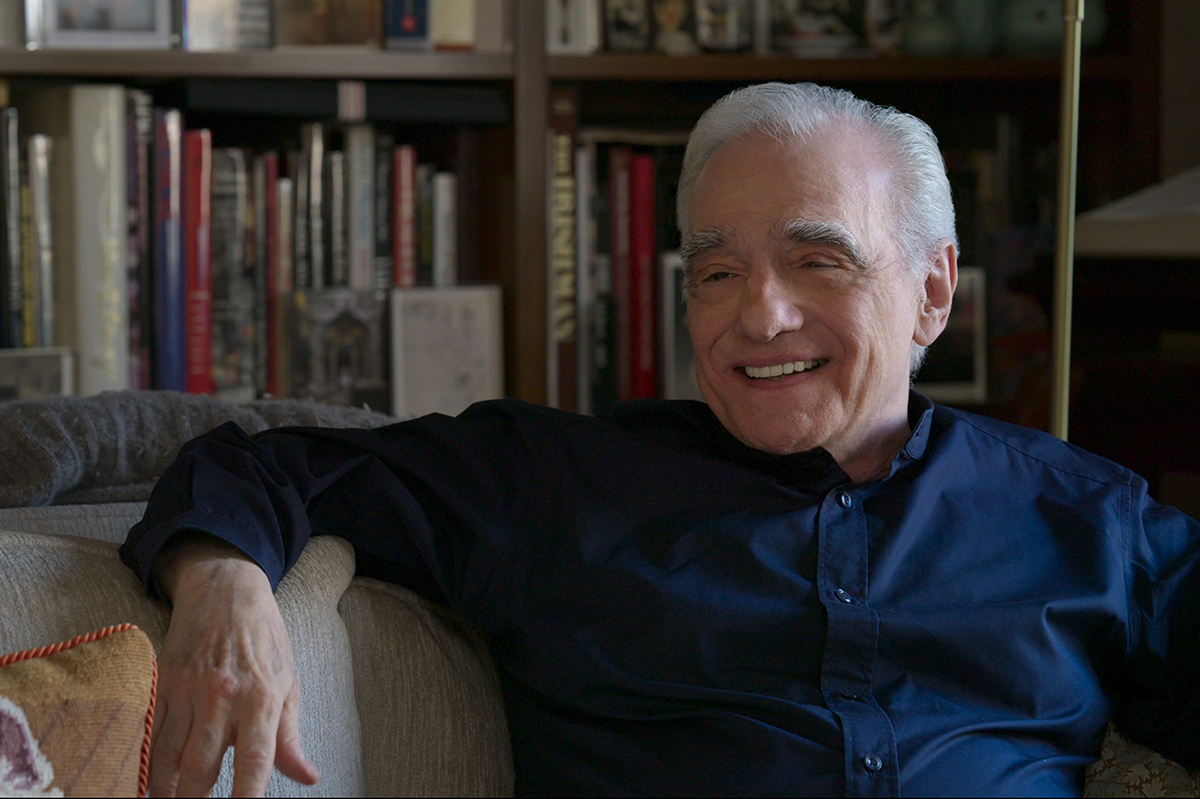

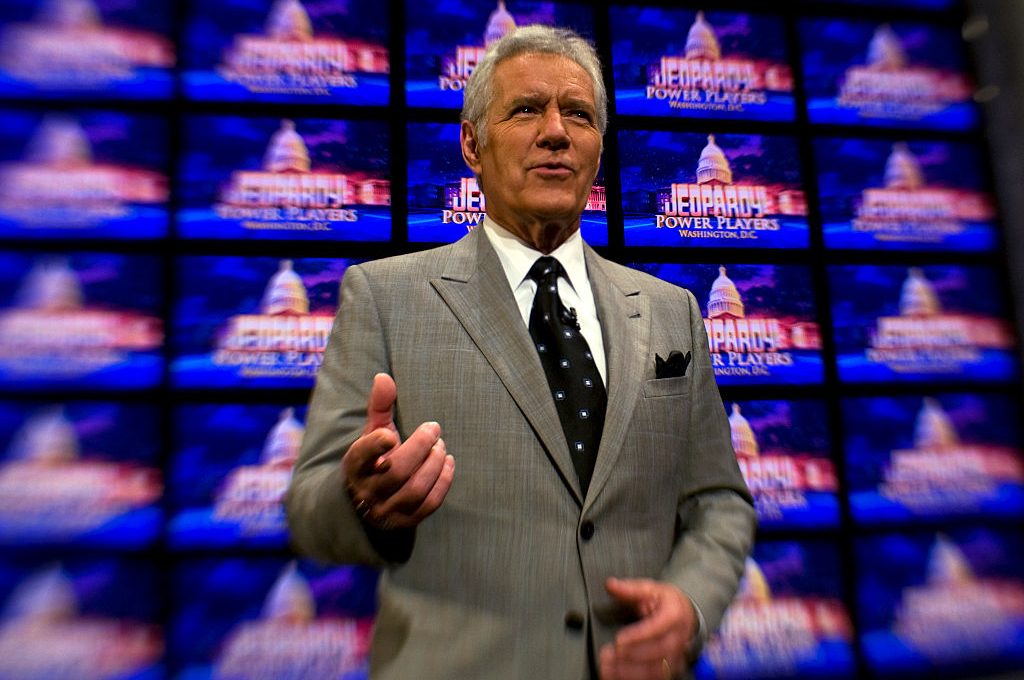
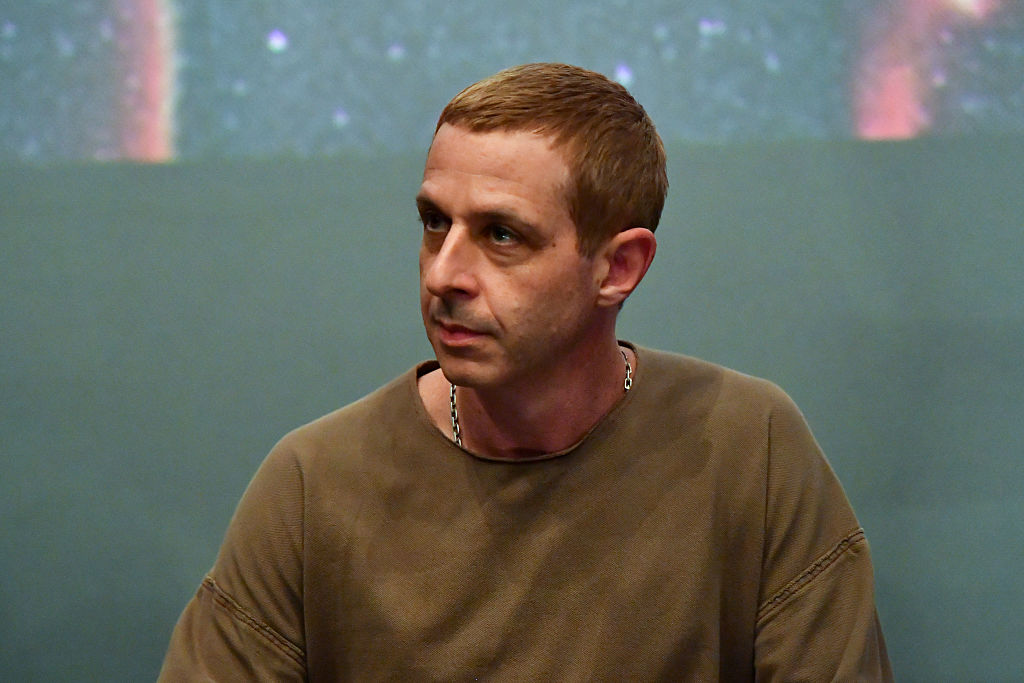








Leave a Reply